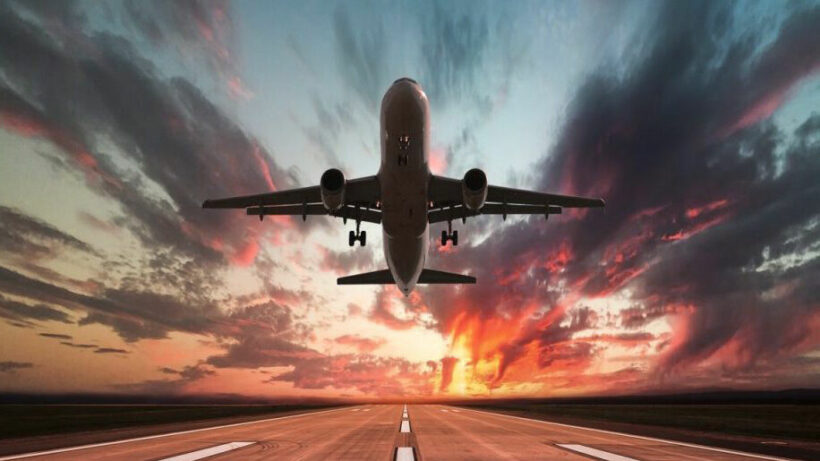Buckle-up for new year flight turbulence

New Year’s Eve mirrors Christmas Eve this year, and the days between, with world travel being disrupted – from cruises to flights, and everything in between.
More than 8,000 flights have been cancelled since Christmas Eve in the US, alone. What was to have been the busiest period for travel for US citizens since the start of the pandemic, airline schedules have been slammed with both poor weather and rising Covid cases among pilots and cabin crews.
JetBlue announced yesterday that they’re canceling more than 1,200 flights over the next 2 weeks to ensure they have enough crews available to get their fleets safely into the skies.
“…we expect the number of Covid cases in the northeast (US), where most of our crews are based, to continue to surge for the next week or 2.”
Some 10.5 million passengers were estimated to queue up for flights from December 30 until January 3. But airlines are urging passengers to re-check their flights before heading to airports.
Meanwhile, ThriftyTraveler.com, a popular website where air travellers find cheap fares, has editorialised, telling US regulators to force the airline industry to compensate passengers for delayed or cancelled flights.
The executive editor Kyle Potter posted the editorial calling for regulators to fine airlines for cancellations, “…in a similar way the European Union does”.
“We’ve reached a breaking point in this country.”
The situation, whilst not widespread, is compounded by the very dynamic situation as countries change border rules on the run due to the fast-spreading Omicron variant. So people flying from their home country to another, may face different rules when they return.
In Thailand, the busy Christmas and New Year flight schedules have not yet been affected.
For cruise enthusiasts, the US CDC is urging people not to travel on cruise ships at this time because of a surge of Covid cases aboard the ships.
“Even fully vaccinated travelers may be at risk for getting and spreading Covid-19 variants. The chance of getting Covid-19 in the close quarters of a cruise ship are very high.”
The CDC is recommending passenger are tested 1 – 3 days before their trip and three to five days afterwards, “even if the person has no symptoms”.
Latest Thailand News
Follow The Thaiger on Google News:


























